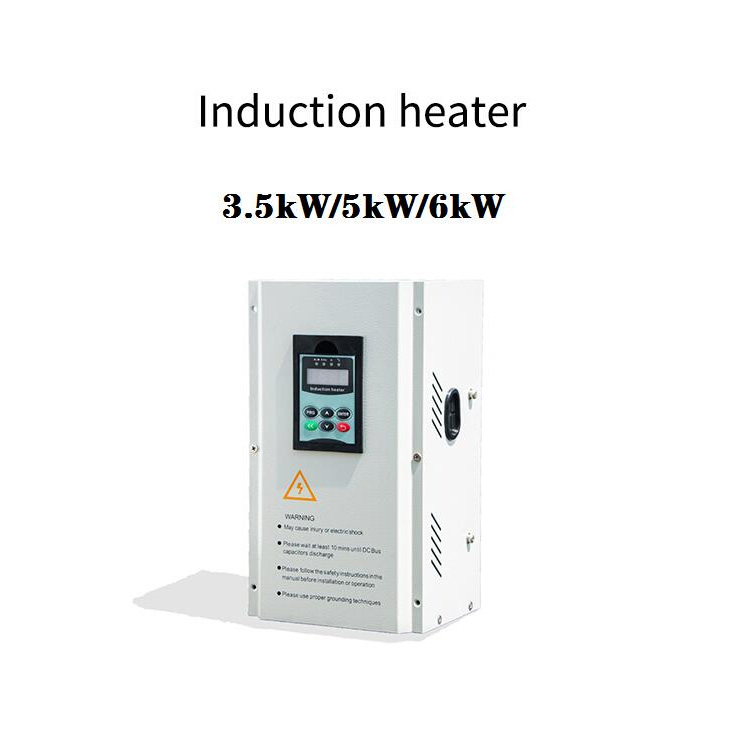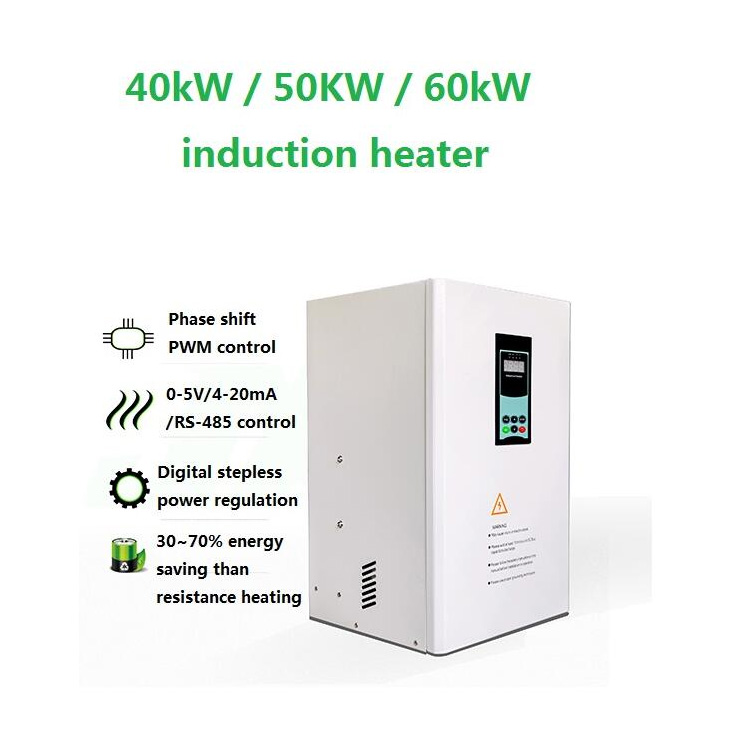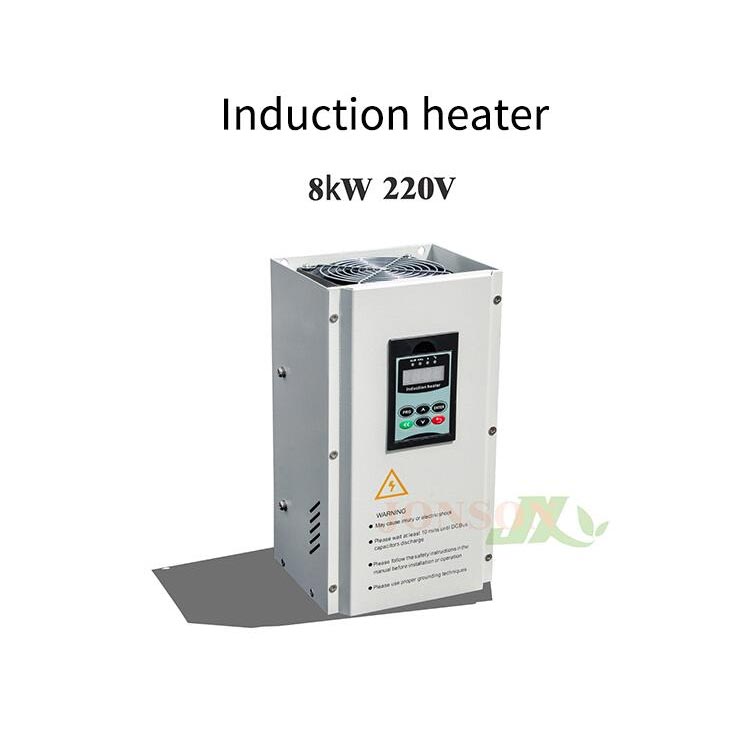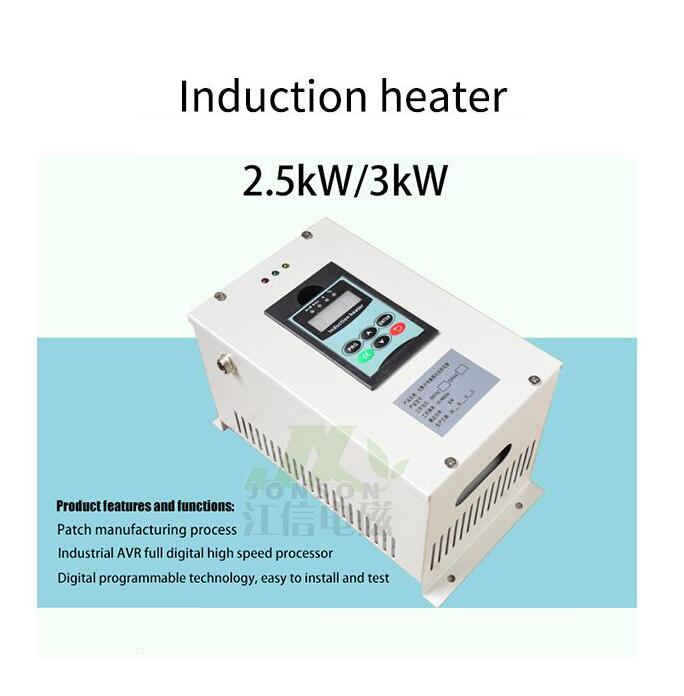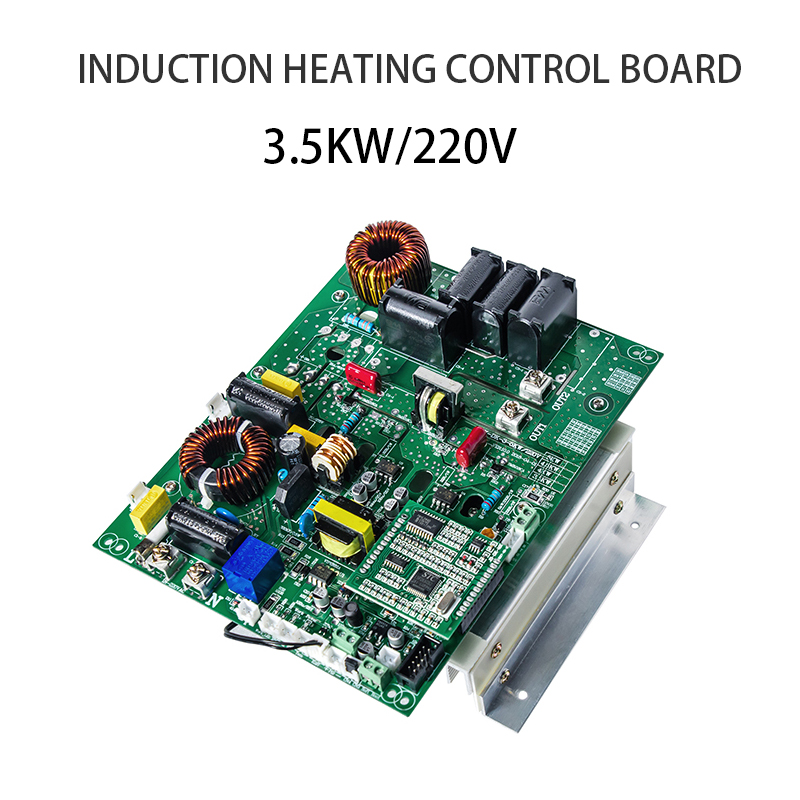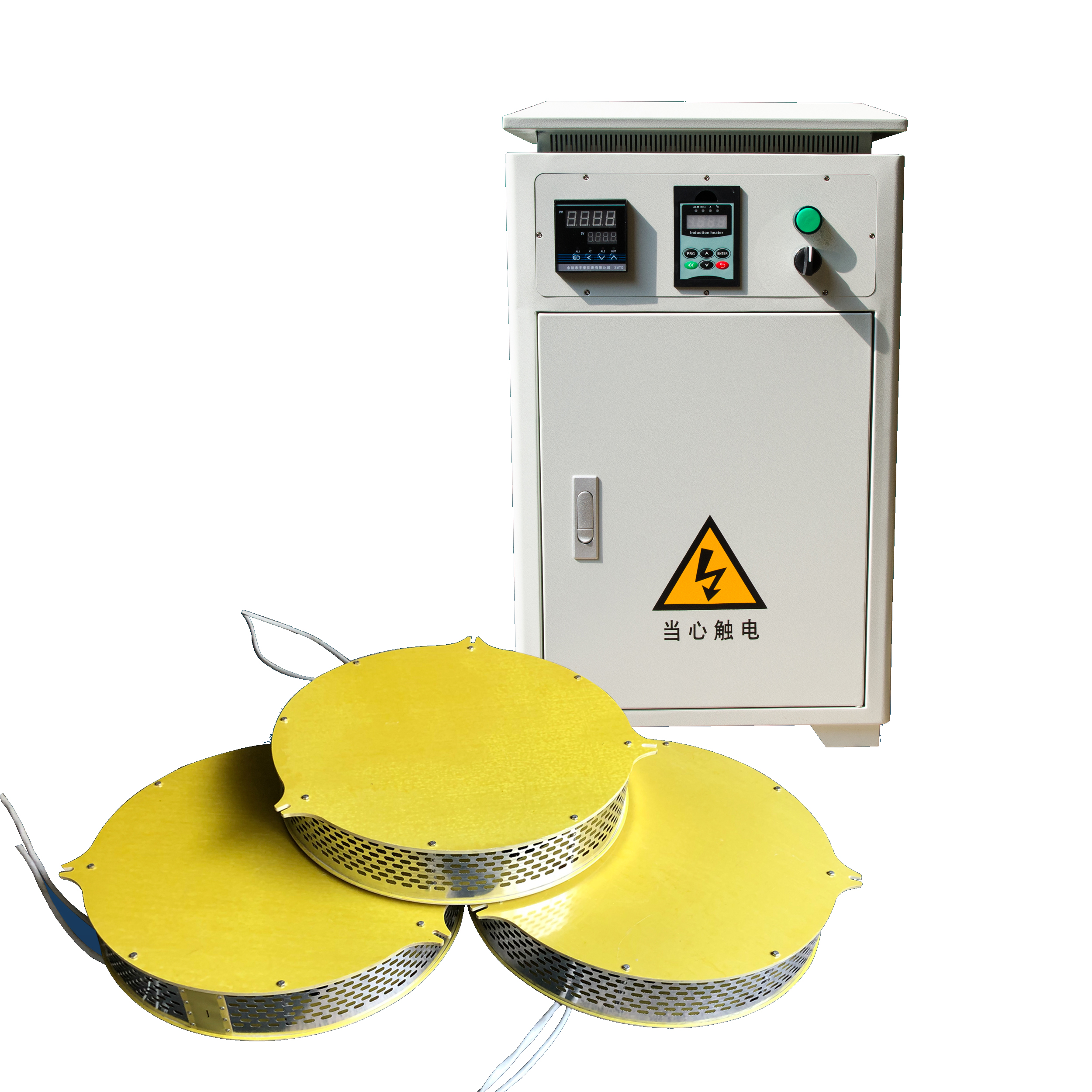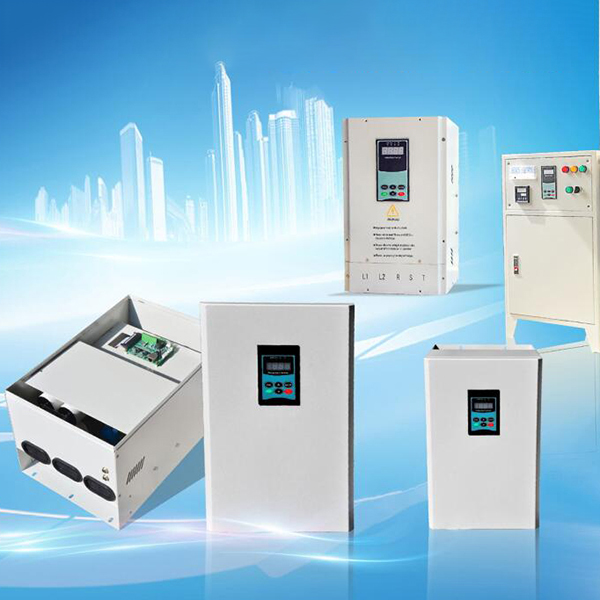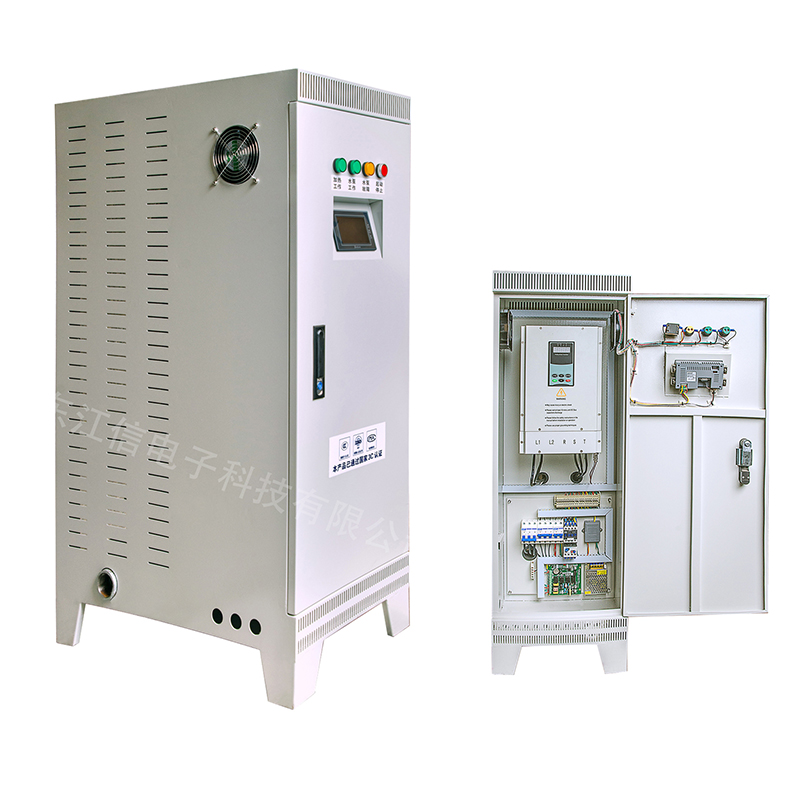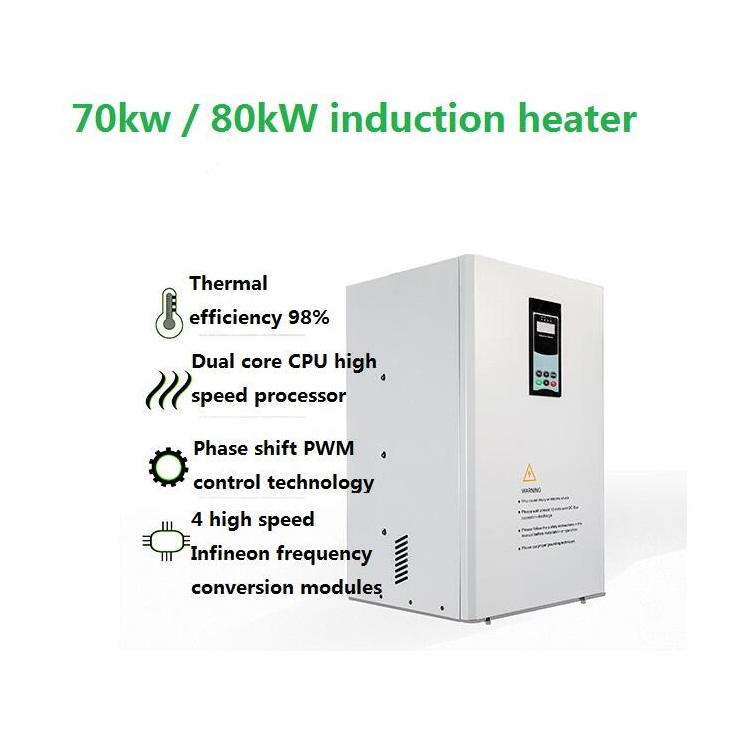When comparing traditional water heaters to induction water heaters, several key differences emerge, primarily revolving around their heating methods, efficiency, safety, and maintenance requirements:
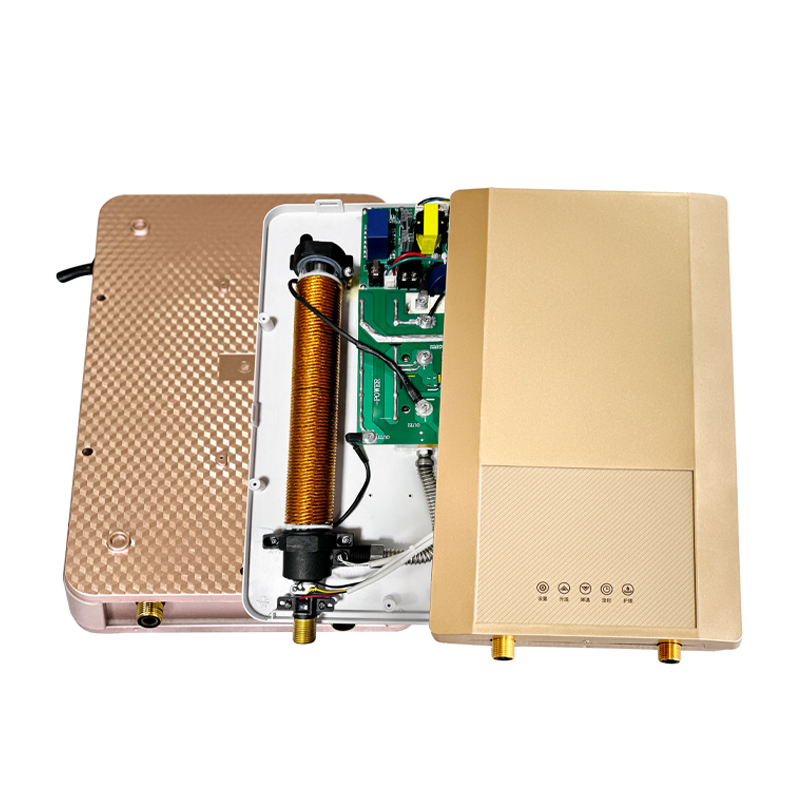
1.Heating Method:
1).Traditional Water Heaters: These heaters typically use electric resistance elements or gas burners to heat a large tank of water, which is stored and kept hot until needed.
2).Induction Water Heaters: These heaters use electromagnetic energy to generate heat directly in the water, without any need for heating elements or a flame. This method allows for rapid heating of water on demand.
2.Efficiency:
1).Traditional Water Heaters: Gas and electric tank water heaters often suffer from standby heat losses because energy is expended to keep water hot even when it’s not being used. Electric tankless models are more efficient than tank models but less so than induction heaters.
2).Induction Water Heaters: These are generally more energy-efficient as they heat water directly and instantly with minimal heat loss, translating into significant energy savings and lower operating costs.
3.Safety:
1).Traditional Water Heaters: Safety concerns might include the risk of leaking or bursting tanks in tank-based models, or the hazards associated with gas leaks and combustion in gas models.
2).Induction Water Heaters: They are considered safer because they do not involve open flames, high surface temperatures, or high-pressure containers. This reduces risks like gas leaks, burns, and explosions.
4.Maintenance:
1).Traditional Water Heaters: Tank models require regular maintenance to flush out sediment, check the anode rod, and maintain the heating element or burner. Tankless versions need less maintenance but still require periodic checks.
2).Induction Water Heaters: Generally, they require less maintenance since there are no heating elements to replace and no sediment issues with tanks. The simpler design minimizes the potential for mechanical failures.
5.Cost:
1).Traditional Water Heaters: Initially, these heaters are usually less expensive to purchase and install than induction models. However, their operating costs can be higher due to lower efficiency.
2).Induction Water Heaters: These tend to have a higher initial cost but offer lower long-term operating costs due to their high efficiency and lower energy consumption.
6.Longevity:
1).Traditional Water Heaters: The lifespan of tank-based heaters is typically shorter due to issues like sediment buildup and corrosion.
2).Induction Water Heaters: They often have a longer lifespan as they do not have elements that degrade over time, nor do they suffer from tank-related issues.
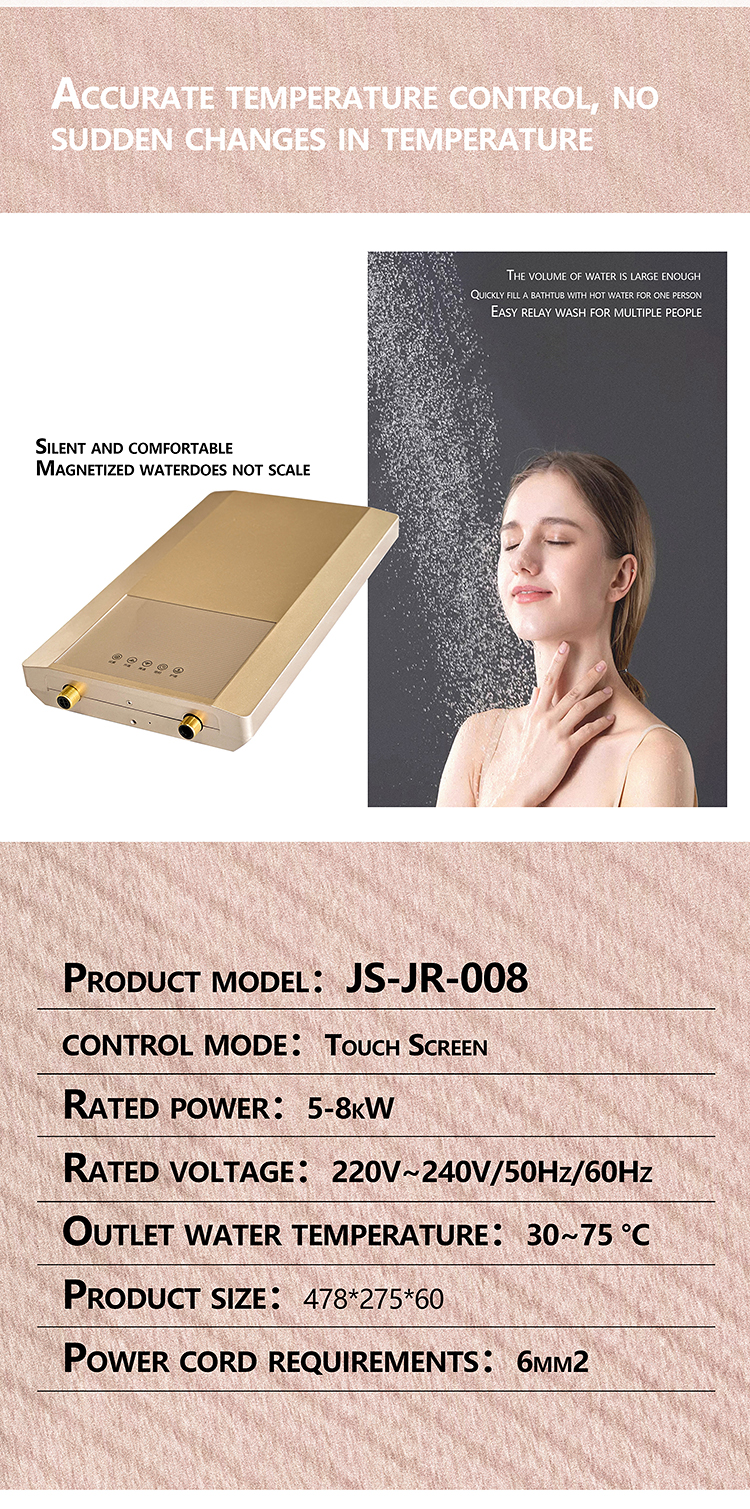
Induction water heaters represent a more modern, efficient, and safer heating technology compared to traditional water heaters, making them an appealing choice for new installations or upgrades in residential and commercial settings.

